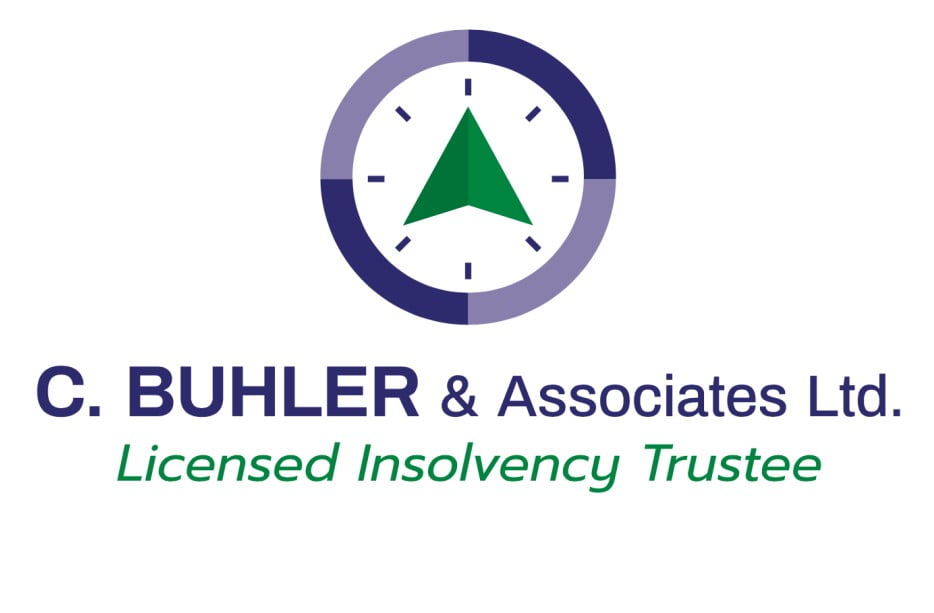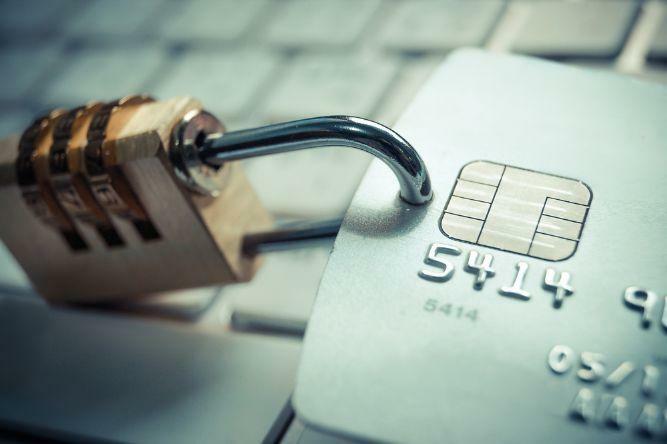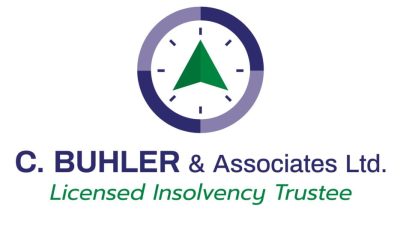Financial scams are everywhere. With the advent of the internet, we’re more connected than ever—and that means that fraudsters have more potential victims than ever.
The best way to avoid financial fraud is to stay informed—by reading this, you’re already taking an important step in protecting yourself from identity theft, credit card fraud, fraudulent cheque cashing schemes, and other financial scams.
These are our top 10 tips to avoid financial fraud:
Trust Your Instincts & Stay Curious
You’ve heard the old adage that if it seems too good to be true, it probably is. When your gut feeling tells you something might be a scam, you’re probably right—and you should trust that instinct.
This doesn’t mean that you should instantly write off a potential opportunity, but it does mean you should be curious about the reasons for the opportunity, the people offering it, and their motivations. Research anything that seems fraudulent—and keep this guide handy for anytime the alarm bells start going off in your head.
Review All of Your Accounts
We all have multiple accounts online, and it can seem almost impossible to keep track of all of them. With all of the data breaches that seem to occur daily, how are you supposed to know which of your passwords is compromised?
The first step is to use different passwords for all of your accounts—tools like Google’s Password Manager can help you generate unique passwords and keep track of them. You’ll also want to enable two-factor authentication (2FA) on any accounts with crucial personal information.
The site Have I Been Pwned has an incredibly silly name—but it provides an invaluable service. You can feed it your email or password, and it will tell you if your information was compromised in any of the data breaches the site tracks. If you’ve been hit by a data breach, you should change all of your passwords.
Keep Your Personal Information Secure
Securing your personal financial information is as simple as keeping it hidden. Along with reviewing your digital accounts and securing your passwords, you should:
- Keep any written passwords hidden in a safe place.
- Always cover terminals with your hand when entering your PIN.
- Only give your SIN to trusted employers, financial institutions, and government agencies.
- Never give out your passwords online.
Update Your Software Regularly
Hackers are lazy. They don’t want to go through the effort of hacking computers that are well-protected; they prefer to go through unlocked back doors. When your software isn’t updated regularly, you risk leaving back doors open—and that can lead to your financial information becoming compromised.
Update your operating system, and any programs on your computer, regularly. Avoid using pirated software; some pirated software includes backdoors designed to help hackers (usually the ones who uploaded the pirated copies) access your computer.
Be Vigilant About Your Financial Health
Sites like Borrowell and Credit Karma offer digital credit reports— while they can be an indicator of your credit score, they can also alert you to accounts being opened under your identity, or if a payment you made on one of your accounts was not applied. You should also review your bank statements and credit card statements regularly. Look for any unusual charges, and consider setting limits on your accounts to prevent excessive spending from potential fraudsters. Keep track of all your bank accounts, and close any accounts that aren’t being used.
Understand How Common Scams Work
There are several different financial scams out there. Let’s narrow them down to two different categories: Scams in which the scammer tries to steal personal information, and scams in which the scammer tries to take money from you directly.
Personal and financial information scams are usually found online: Phishing emails, impersonations, and more. Look out for spelling mistakes and emails that don’t include your actual name. Check email addresses for typos or for information that looks inaccurate. Never share your account information with anyone online. Review your account information regularly.
The more direct scams can be in-person, over the phone, or online. They commonly involve a number of different tactics:
- Improbable good fortune (you’ve won money, you just need to send them money or account information to receive it)
- Time pressure (you need to respond immediately, or the opportunity will be lost)
- Money-for-money (for example, an opportunity in which you need to pay money in order to receive more money back)
- High-pressure sales (relentless calls and emails, aggressive or abusive language)
- Direct, hard-to-retract transfers (e-Transfers, wire transfers, money orders, gift cards etc.)
- Threats
- Requests that you not share details of the transaction with anyone
When you see any of the above, you should be suspicious that someone may be trying to scam you. Don’t proceed, and consider contacting friends, family, and/or authorities for help.
Do Your Own Research & Watch Out for Biased Information
With the rise of cryptocurrency scams and retail traders, we thought it would be a good idea to talk about more dubious forms of financial fraud—risky investments.
When you invest in a company or a cryptocurrency, the people who are already invested in that company or cryptocurrency stand to benefit. As more people invest, the value of that company or cryptocurrency will increase—and that gives them the opportunity to increase their investment and cash out at a high.
Work with trusted and licensed investors. When taking advice from anonymous investors online, be mindful that their portfolio may contain stocks that stand to benefit if you invest. Don’t invest based on memes—invest based on research.
Work With Accredited Financial Institutions
Not everyone has your best interests at heart. When you invest online with individuals who aren’t accredited, you may end up losing your money. An accredited financial institution has a fiduciary responsibility to you—they’re obligated to give you the best investment advice they can.
Additionally, there are some protections available through licenced financial institutions; CDIC, for example, can protect many of your investments from financial failures if you’ve invested with a member institution.
Send Money Directly With Care
As we discussed, when you send money to someone directly, it can be next to impossible to recover. Money orders, wire transfers, and e-Transfers all leave you susceptible to fraud. Only process these transfers to people you personally know, or to businesses you are familiar with.
Stay Calm if You’ve Fallen Victim to a Scam
If you believe you’ve fallen victim to a scam, write down any personal details you have about the person or company who scammed you. Take pictures and screenshots of websites or emails that were used in the scam. Contact law enforcement, the Canadian Anti-Fraud Centre and your credit card companies and banks.
When your financial health has been adversely affected by scams, and you need help getting out of debt, C. Buhler & Associates can help. Get in contact with us—no one deserves to be hurt by a scam, and our non-judgmental team is here to help.





